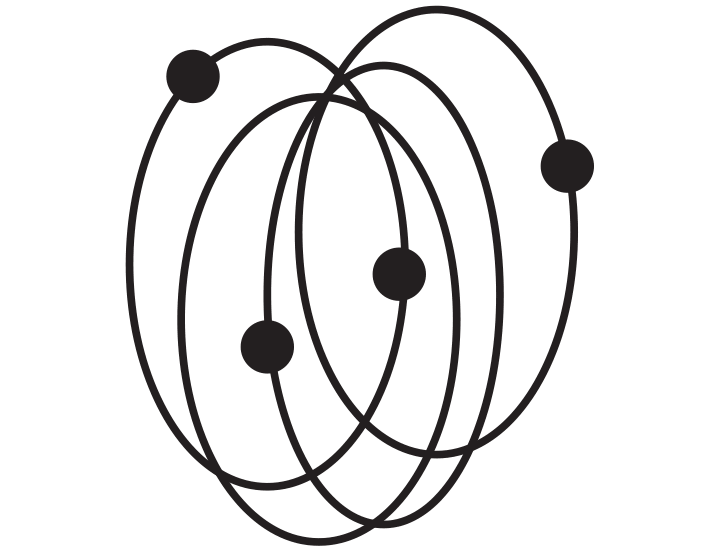Finnish Parliament
The Records Office of the Finnish Parliamentary Office is responsible for documenting all plenary sessions of Parliament quickly and reliably. Lingsoft’s speech recognition solution efficiently supports this work, and new speech recognition based on generative AI has made the recording process even smoother and more flexible.
The Records Office of the Finnish Parliamentary Office prepares text documents on plenary sessions. In addition to political decision-making, this work serves citizens and the media and is a key part of ensuring openness in the parliamentary system. A lot of material accumulates each year.
“Our task is to record all the speeches and decisions made during plenary sessions in text format and also to describe the decision-making process. Depending on the year, this can involve processing up to 600 hours of material,” says Maarit Peltola, Head of the Records Office.
Streamlining a work-intensive process
Producing the minutes has traditionally been very work-intensive: the document secretaries manually transcribed the recordings into text format, after which specialists edited the text for publication. According to Peltola, the process requires fast and accurate writing.
“The traditional process is really intensive and hard work. This is why we need ways to ease this burden and speed up the work, while simultaneously ensuring the quality of the publication.
Speech recognition was first introduced in the early 2010s, and Parliament piloted Lingsoft’s speech recognition service for the first time in 2019. After a number of trials and the procurement process, actual collaboration between Parliament and Lingsoft began in March 2022. “In the early stages, we used the speech recognition solution through a web interface, but integrating the tool into Parliament’s own recording system represented a big step forward: file identification is faster and more accurate than live identification,” explains Maarit Peltola.
Customisation and refined language models improve quality
Spring 2025 saw the introduction of a new AI-based speech recognition model that was customised with Parliament’s data. The result has been clearly better than earlier: the new model divides sentences and phrases, automatically eliminates most hesitations and repetitions, and AI also performs preliminary editorial work.
“The new model has provided another leap forward, as it makes the text much more ready. Of course, human input is still needed. The solution does not recognise all words correctly, and the sentence and phrase divisions are not always right. A good foundation produced by speech recognition helps us focus on the actual task at hand, which is transforming speech into understandable text.”
According to Peltola, the way of working has also changed. The work was previously strictly divided into transcription and editorial work – now one person can complete the entire process from beginning to end if necessary.
Moving forward in collaboration
Maarit Peltola praises Lingsoft’s practical approach and good communication. Collaboration has been smooth, contact has been open, and Lingsoft has responded quickly to requests.
“Lingsoft combines technical expertise with linguistic competence. This has been important to us.”
Work with speech recognition continues actively in Parliament. The aim is to further improve accuracy and develop integration between systems.
“The goal is for the systems to work together even more seamlessly. Improving the accuracy of recognition is always on our wish list, but recognition has developed a lot over the past three years.”
Key figures
- The Records Office in Parliament is responsible for producing and publishing the minutes of plenary sessions, in other words, official documents about what was said in the sessions.
- The office is part of the Parliamentary Office administration.
- Depending on the parliamentary year, 80-180 plenary sessions are held per year.
- The number of session hours ranges from 300 to 600.
- A total of 140 plenary sessions and 565 session hours were held in 2024.
- In 2024, the number of words recognised with Lingsoft’s speech recognition was nearly 3.5 million, which means approximately 550 hours of speech.
- Lingsoft’s speech recognition solution is used by 23 experts in the Records Office.


